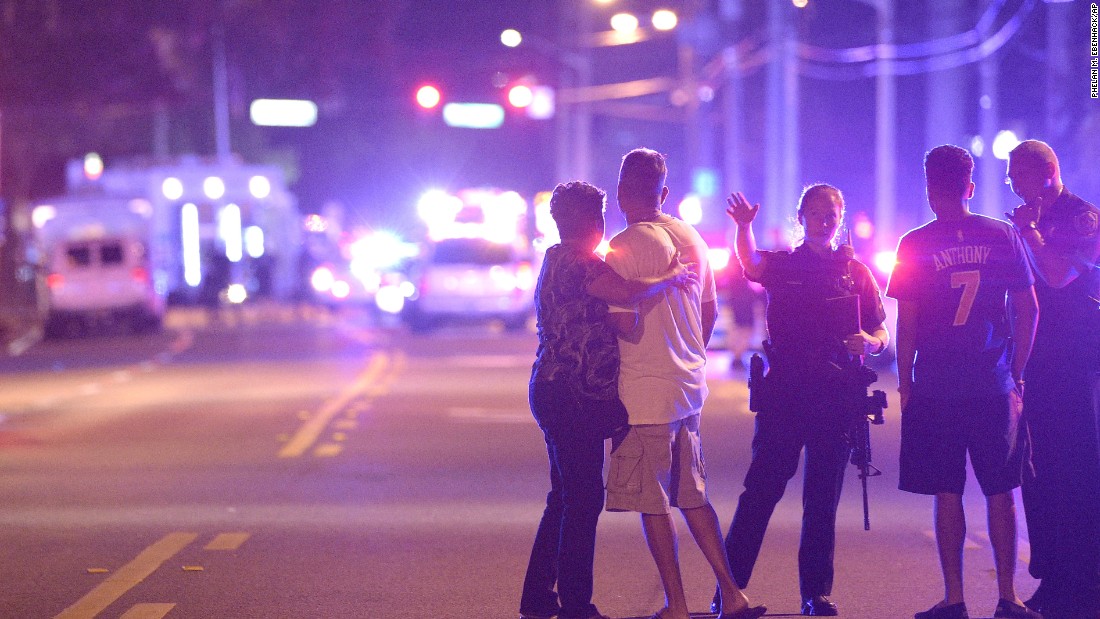At the website Bully Bloggers, Jack Halberstam deconstructs the generalized declarations of LGBT vulnerability in the wake of the Orlando shooting. Are all LGBT people equally vulnerable to violence, as the casual invocations of “we” would suggest? And is the solution to this violence to be found in more police? An excerpt:
Given the different histories of white LGBT urban populations and LGBT communities of color in relation to space, property, policing and risk, we might ask who “we” are after Orlando. Does the attack on these brown bodies reflect a more generalized vulnerability experienced by LGBT communities as a whole? Is there, in fact, any connection at all between the vulnerability of white LGBT communities to homophobia and the ongoing violence that LGBT communities of color face within the current climate of anti-immigrant, anti-Black, pro-banks, pro-business, free market mayhem?
In the wake of Orlando, it might be time to break up the fantasy of the LGBT monolith not in favor of ever more precise calibrations of identity but on behalf of the urgent need to confront state violence whether it is expressed through a security regime that works well on behalf of bankers and politicians but not at all on behalf of poor people of color or whether it comes in the form of incorporative strategies aimed at privileged queers or increased policing aimed at queers of color. While gay marriage is quickly being offered up as the motivation for increased homophobic hate crime activity – the NYT proposed “Ironically, part of the reason for violence against L.G.B.T. people might have to do with a more accepting attitude toward gays and lesbians in recent decades, say people who study hate crimes” – a better way to understand gay marriage is as part and parcel of an incorporative logic in which opposition is gobbled up and turned into more of the same.
As middle class white LGBT people celebrate their access to normative social forms and agree to pay the price for such acceptance by consenting to new forms of violent exclusion, they/we cannot simultaneously claim to be the most vulnerable of the vulnerable, the most victimized of the victims, the most in need of shelter, protection and sanctuary. Orlando showed me at least that the security state we live in with its second amendment values and its shouty, crude formulations of “us” and “them” needs to be countered with complex, intricate, risky conversations about who “we” are and who “we” want to become.
